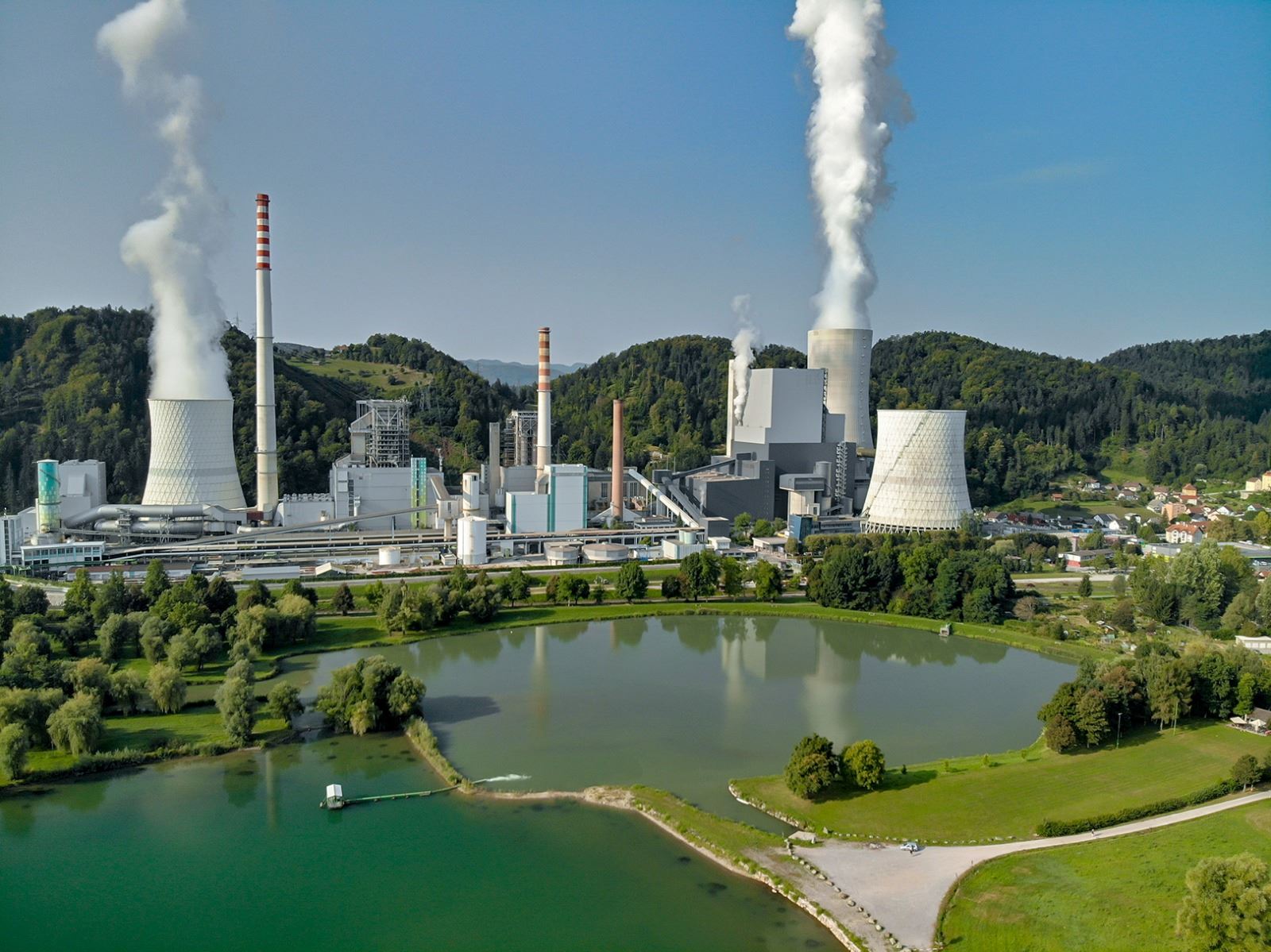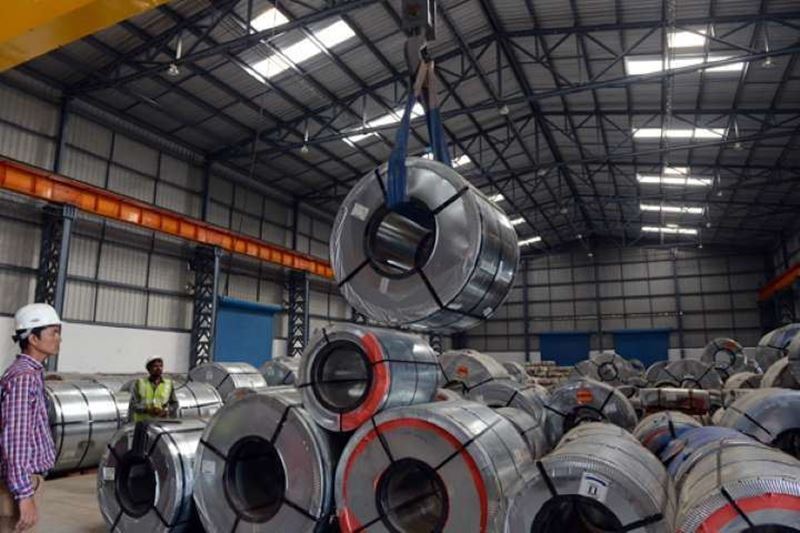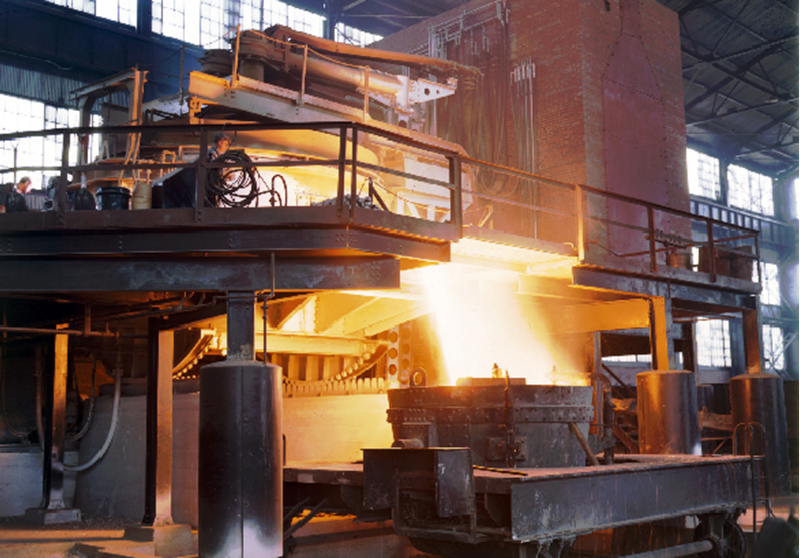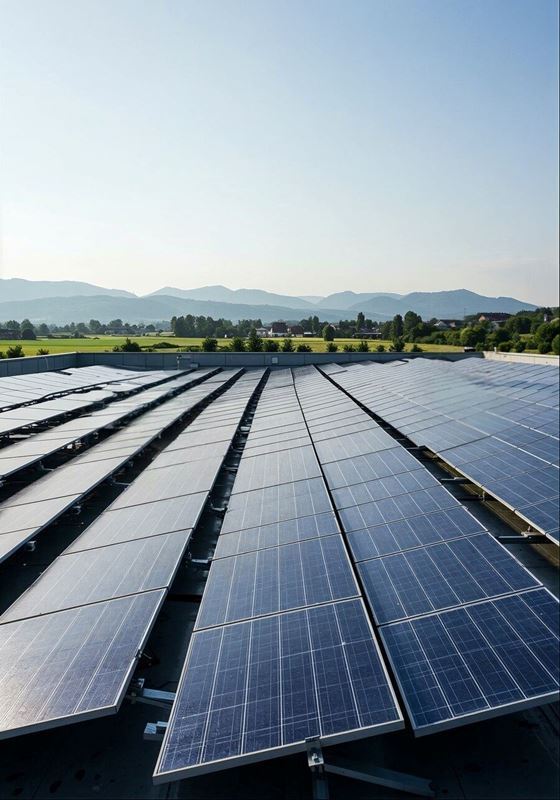Planned to start mid-year, the work is intended to create a new "thermal energy company". The move is an important step in Slovenia's coal phase-out strategy and as part of its efforts to transition its energy sector.
With the exception of Romania, Southeastern European countries have maintained their state-owned coal units and mines and other assets in energy companies, while legacy energy systems are increasingly becoming a financial burden. The cost of CO2 emission certificates in the European Union has risen to the level of prices on electricity exchanges. This is why the Western Balkans faced the EU's Carbon Border Adjustment Mechanism (CBAM).
As it becomes difficult for energy companies with direct negative climate impacts to obtain regular financing, Slovenia is anticipated to take leading steps in this regard.
Slovenia's Sovereign Holding (SSH/SDH) has revealed that, within its annual plan, the company is considering the separation of a "thermal energy company" from HSE, which is the biggest electricity producer in the country. The thermal energy company, controlled entirely by the government, has reportedly announced that it will carry out preparatory activities for the possible separation of coal assets.
Slovenske Elektrarne Holding indicated that the decision is in line with Slovenia's strategy to phase out coal. It emphasized that the electricity production of the Termoelektrarna Šoštanj coal power plant will be useless, especially from 2025 onwards.
Slovenia is left with €2 billion in losses from its coal assets. TEŠ and the coal mine are considering launching a company under direct state ownership. According to expectations, these two companies are expected to generate a total loss of EUR 2 billion over ten years.
Slovenske Elektrarne Holding has announced the repayment of EUR 100 million before the beginning of the year, supporting the company's efforts to secure regular financing.











Comments
No comment yet.